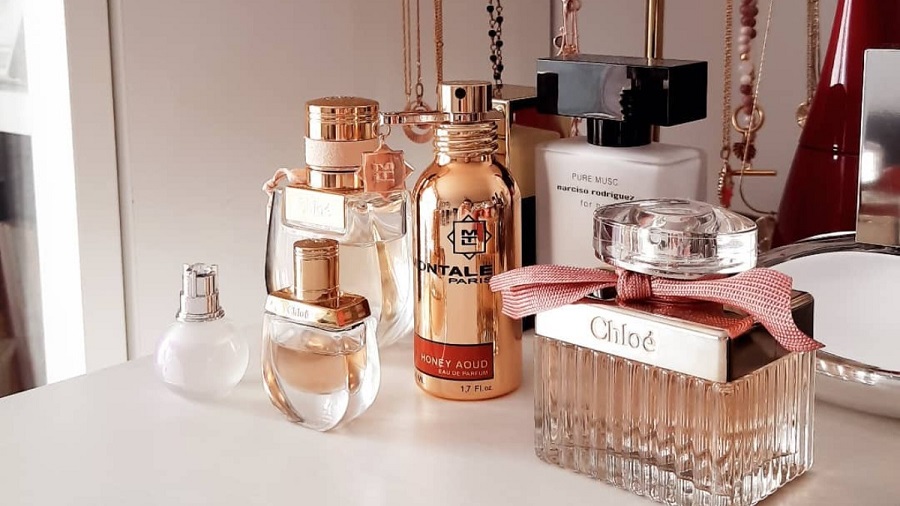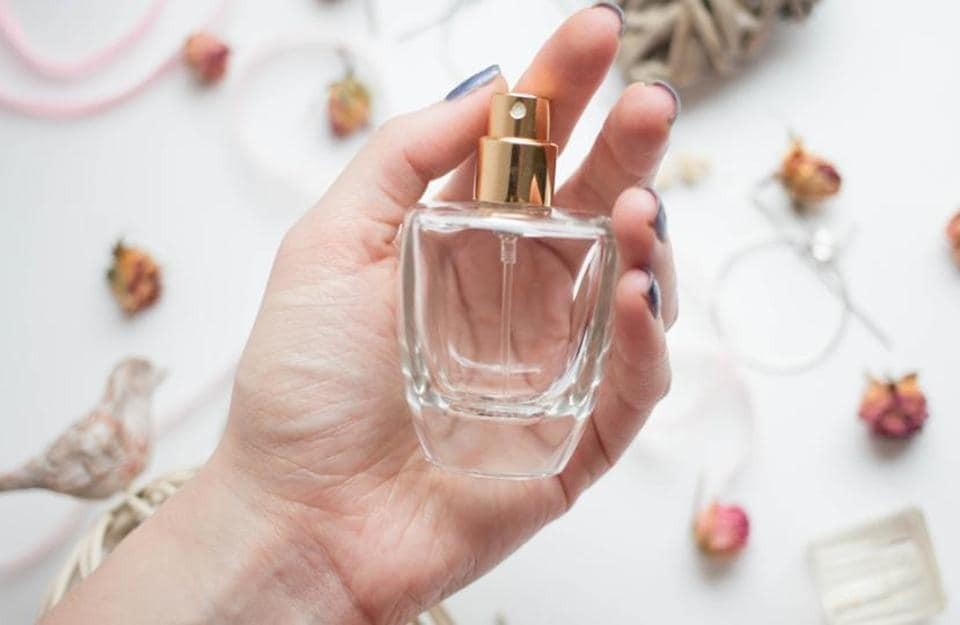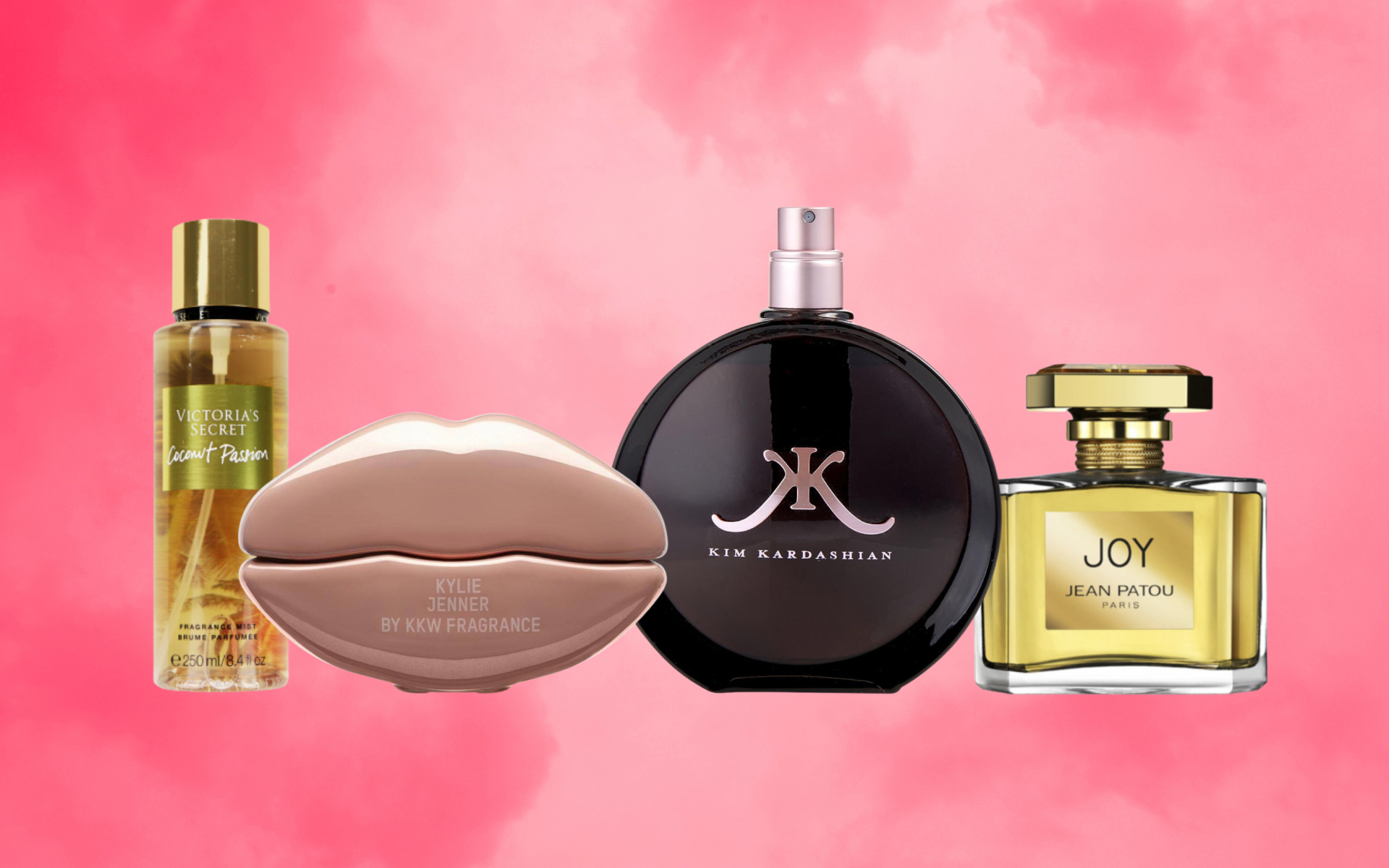Perfume is more than just a scent; it's a personal signature that reflects your identity and enhances your mood. However, a common question arises among fragrance enthusiasts: does perfume go stale? The answer lies in understanding how environmental factors and storage conditions affect the quality of your favorite scents. In this article, we will explore everything you need to know about perfume longevity, including how to preserve its freshness and avoid unpleasant surprises.
Whether you're a seasoned fragrance collector or a casual user, knowing how to care for your perfumes can significantly extend their lifespan. Over time, perfume can lose its original aroma, develop off-notes, or even change color. This transformation is influenced by factors such as light exposure, temperature fluctuations, and oxidation. By the end of this guide, you'll be equipped with practical tips to ensure your fragrances remain vibrant and enjoyable for years to come.
This article is designed to provide comprehensive insights into the science of perfume aging, storage techniques, and signs to watch out for when determining if your perfume has gone stale. Let's dive in and uncover the secrets to maintaining the integrity of your favorite scents.
Read also:See Through Bikinis The Ultimate Guide To Style Trends And Fashion Choices
Table of Contents
- What is Perfume Staling?
- How Does Perfume Age Over Time?
- Signs Your Perfume Has Gone Stale
- Factors Affecting Perfume Longevity
- Proper Storage Tips for Perfumes
- How to Extend the Lifespan of Your Perfume
- Common Myths About Perfume Staling
- When Should You Replace Your Perfume?
- Expert Advice on Fragrance Preservation
- Conclusion
What is Perfume Staling?
Perfume staling refers to the gradual deterioration of a fragrance's quality over time. This process can result in changes to the scent profile, causing it to lose its original vibrancy or develop undesirable notes. While high-quality perfumes are designed to last for several years, improper storage and environmental factors can accelerate the aging process.
Understanding the Chemistry Behind Staling
Perfumes are complex mixtures of natural and synthetic ingredients, including essential oils, alcohol, and water. Over time, these components can react with oxygen, light, and heat, leading to chemical changes that affect the fragrance's composition. For instance, oxidation can cause certain notes to become rancid or develop a sour smell.
How Does Perfume Age Over Time?
Perfume aging is a natural process that occurs as the fragrance's ingredients interact with their surroundings. While some aging can enhance a perfume's character, excessive exposure to unfavorable conditions can lead to staling. Understanding how this process works is crucial for maintaining the quality of your favorite scents.
Key Factors in Perfume Aging
- Evaporation: Alcohol in perfumes can evaporate over time, altering the balance of the scent.
- Oxidation: Exposure to air can cause certain notes to degrade, resulting in off-putting aromas.
- Light Sensitivity: Ultraviolet rays can break down fragrance molecules, affecting their stability.
Signs Your Perfume Has Gone Stale
Recognizing the signs of stale perfume is essential for ensuring you're using fragrances at their best. Here are some telltale indicators to watch out for:
- Unusual Odor: If your perfume smells different from when you first purchased it, it may have gone stale.
- Color Changes: A noticeable shift in color, such as darkening or cloudiness, can signal deterioration.
- Sediment Formation: The presence of particles or residue at the bottom of the bottle is a sign of chemical breakdown.
Factors Affecting Perfume Longevity
Several factors influence how long a perfume remains fresh and vibrant. By controlling these elements, you can significantly extend the lifespan of your fragrances.
Read also:Best Product To Curl Hair With Curling Iron The Ultimate Guide For Perfect Curls
Environmental Influences
Temperature, humidity, and light exposure play critical roles in perfume preservation. Storing your perfumes in a cool, dark, and dry place can help prevent degradation. Additionally, keeping them away from direct sunlight and heat sources is vital for maintaining their quality.
Proper Storage Tips for Perfumes
Proper storage is one of the most effective ways to preserve the freshness of your perfumes. Follow these tips to ensure your fragrances remain in optimal condition:
- Store perfumes in their original boxes to shield them from light.
- Keep them in a cool, dry place, such as a closet or drawer.
- Avoid exposing perfumes to extreme temperature fluctuations.
- Close the cap tightly after each use to minimize air exposure.
How to Extend the Lifespan of Your Perfume
Beyond proper storage, there are additional steps you can take to prolong the life of your perfumes. For instance, transferring fragrances to smaller, airtight containers can reduce their exposure to oxygen. Additionally, purchasing perfumes in darker glass bottles can enhance their resistance to light-induced damage.
Practical Tips for Fragrance Preservation
Consider the following strategies to maximize the longevity of your perfumes:
- Limit the number of times you open the bottle to reduce air exposure.
- Avoid shaking the bottle excessively, as this can introduce air bubbles.
- Store backups in a cool, dark place until you're ready to use them.
Common Myths About Perfume Staling
There are several misconceptions surrounding perfume staling that can mislead consumers. Let's debunk some of these myths:
- Myth 1: Expired perfumes are always harmful. While stale perfumes may not smell pleasant, they are generally safe to use.
- Myth 2: Perfumes last forever. Even high-quality fragrances have a limited shelf life, typically 3-5 years.
- Myth 3: Freezing perfumes extends their lifespan. Freezing can damage the fragrance's delicate balance, leading to further degradation.
When Should You Replace Your Perfume?
Knowing when to replace your perfume is essential for maintaining a fresh and enjoyable scent. If your fragrance exhibits any of the signs of staling mentioned earlier, it may be time to consider purchasing a new bottle. Additionally, if you notice a significant decline in the scent's projection or longevity, this could indicate its effectiveness has diminished.
Expert Advice on Fragrance Preservation
According to fragrance experts, the key to preserving perfumes lies in understanding their composition and storage requirements. "Perfumes are delicate formulations that require care and attention to maintain their integrity," says renowned perfumer Jean-Claude Ellena. "By following proper storage guidelines and handling practices, you can enjoy your favorite scents for years to come."
Industry Insights
Many fragrance brands provide detailed instructions on how to care for their products. Reading and following these guidelines can help ensure your perfumes remain in pristine condition. Additionally, consulting with fragrance experts or attending workshops can deepen your understanding of perfume preservation techniques.
Conclusion
In conclusion, the question of whether perfume goes stale is a valid concern for anyone who values their fragrances. By understanding the factors that contribute to perfume aging and implementing proper storage techniques, you can extend the lifespan of your favorite scents and enjoy them at their best. Remember to regularly inspect your perfumes for signs of staling and replace them as needed to maintain their quality.
We invite you to share your thoughts and experiences in the comments section below. Have you encountered issues with stale perfumes? What strategies have you found most effective in preserving your fragrances? Don't forget to explore our other articles for more tips and insights on fragrance care and appreciation.
References:
- Ellena, J.-C. (2016). The Diary of a Nose: A Year in the Life of a Parfumeur.
- Fragrance Foundation. (2022). Perfume Care and Preservation Guide.
- International Fragrance Association. (2021). Fragrance Longevity and Quality Standards.


